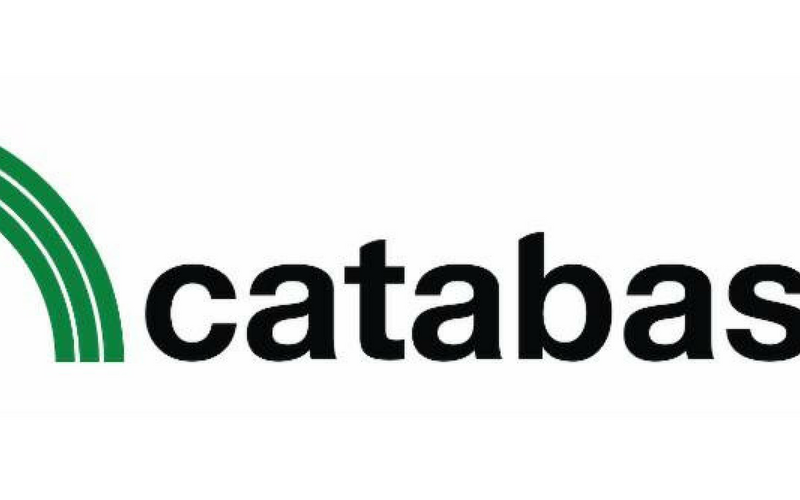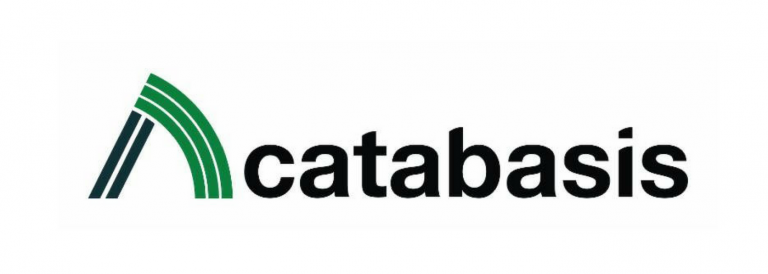Catabasis has announced that their trial of edasalonexent is now open at 2 centres in the UK. Sites in Bristol and Manchester are recruiting and two further sites in London will open soon.
The trial will last for one year and doctors aim to recruit 125 participants. People with any type of mutation will be accepted, but participants must be aged between 4 and 7 and may not have taken steroids for at least 6 months. People in the trial will receive either edasalonexent or an inactive form of the drug called a placebo.
To test how well the potential treatment might work, researchers will use the North Star Ambulatory Assessment and other tests like the 4-stair climb. Catabasis has tried to minimise the size of the placebo group, and two boys will receive edasalonexent for each boy that receives placebo.
Catabasis has also published the full results of their initial trials of edasalonexent in a peer-reviewed journal. The drug was safe and well tolerated, with no serious side effects reported. Publication of these results gives independent scientists and clinicians a chance to examine the data. This ensures that trials are being carried out to the highest standards and that the results have been analysed correctly.
Edasalonexent stops a protein called NF-kB working properly. The protein is activated in people with Duchenne and may play a role in inflammation and muscle degradation. It might also prevent muscle regeneration. Early trial results of edasalonexent showed it could preserve muscle function and slow progression of Duchenne.
To find out more about the trials you can contact Catabasis.



 Wave announces trial results and new trial plans
Wave announces trial results and new trial plans
